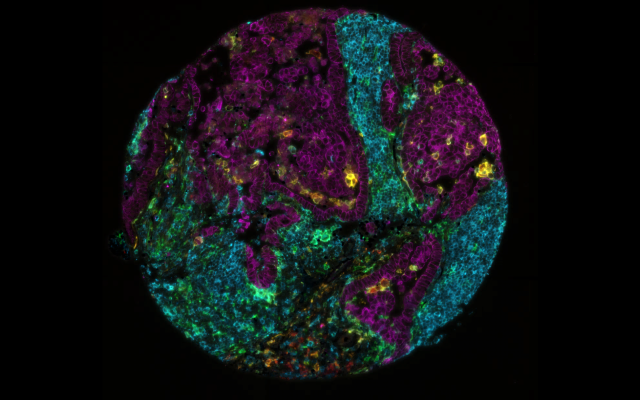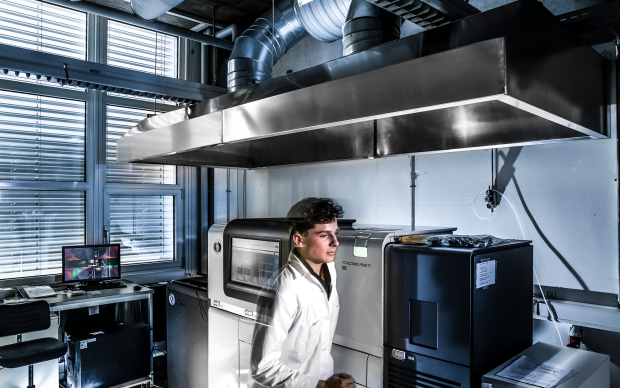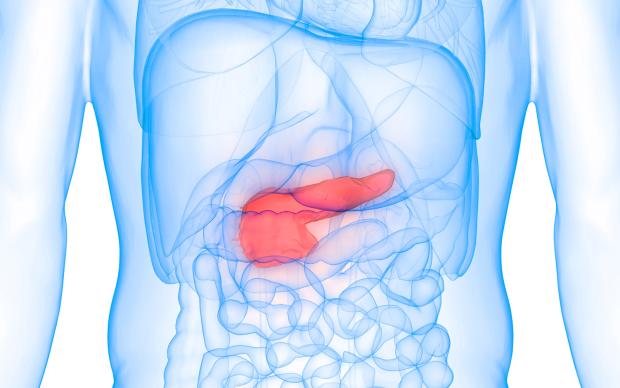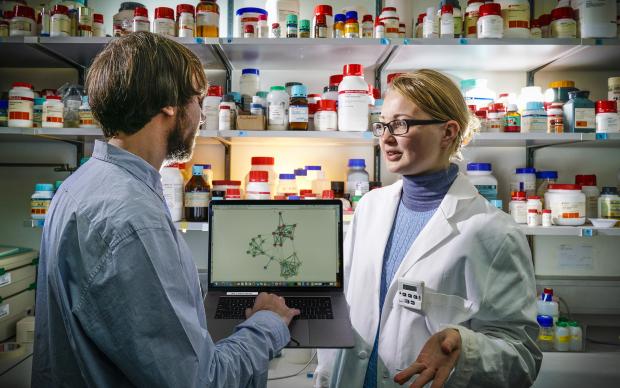The spatial biology company Lunaphore, a Bio-Techne brand, and SIB have been awarded Innosuisse funding for an innovation project. The collaboration aims to develop novel AI-based tools to assist in assay development for spatial biology on Lunaphore's proprietary platform COMET™. This will further accelerate spatial biology adoption in any research project, including in the clinic where the technology can speed up the discovery of next-generation therapeutic interventions.
Addressing the needs of life scientists with new technology
Spatial biology utilizes detailed tissue analysis and intracellular interactions to acquire profound insights in cancer biology, immuno-oncology, and other research fields. However, technical hurdles still stand in the way of spatial biology technologies entering clinics and becoming guiding tools for personalized therapies. Lunaphore's COMET product suite provides the first universal, end-to-end spatial biology solution to this end. It answers the needs of the scientific community in translational and clinical research. And to further advance the adoption of spatial biology, COMET offers multiplex sequential immunofluorescence imaging (seqIF™ - read the paper): a powerful protein biomarker detection method relying on in-situ imaging, thanks to a microfluidic chip.
About Lunaphore
Lunaphore Technologies S.A. – a Bio-Techne brand, is a Swiss company born in 2014 with the vision of enabling spatial biology in every laboratory. It provides solutions based on a game-changing chip technology that can extract spatial proteomic and transcriptomic data from tumors and other tissues, transforming any assay into multiplex spatial biology through a streamlined and easily integrated process. Lunaphore empowers researchers in immunology, immuno-oncology, and neuroscience to push the boundaries of scientific discovery and drug development. Its technology enables the identification of biomarker “signatures” with clinical relevance to support the development of diagnostic tools and streamline clinical trials, to ultimately improve patient outcomes. More information
AI to facilitate the technology’s adoption towards next-generation therapeutics
The collaboration will focus on optimizing and automating seqIFTM protocols, with the machine learning-based tool expected to enable researchers to further reduce their technical complexity and eliminate human-driven error. AI techniques will be developed by SIB to enhance the platform's automated approach and aim to ensure the robustness of protocol transfer to virtually any tissue.
"With a focus on novel AI-based approaches for assay development, this scientific collaboration is a unique project that will empower scientists to reach their research goals more efficiently and develop the next generation of personalized therapies," said Kim Kelderman, Bio-Techne’s Chief Operating Officer.
In the long term, the project has the potential to improve human health and reduce healthcare costs by implementing automated leading-edge technology and accelerating the discovery of novel therapeutic interventions.
Reference(s)
Banner image: Lung cancer tumor microenvironment, 40-plex, generated by the COMET™ platform. Credit: Lunaphore












